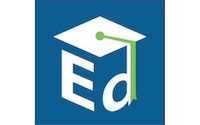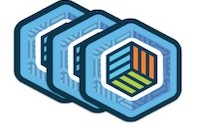Widely Acclaimed but Lowly Utilized: Congruencing ODL Utilization with Its Wide Acclaim
World over, open distance learning (ODL) is widely articulated and vouchered as a panacea pedagogy for increased access and flexibility to higher education. In reality, however, the actual use of ODL approaches in higher institutions of learning in developing regions is unexpectedly low and not in tandem with its wide favorable regional and international vouchering. […]
















